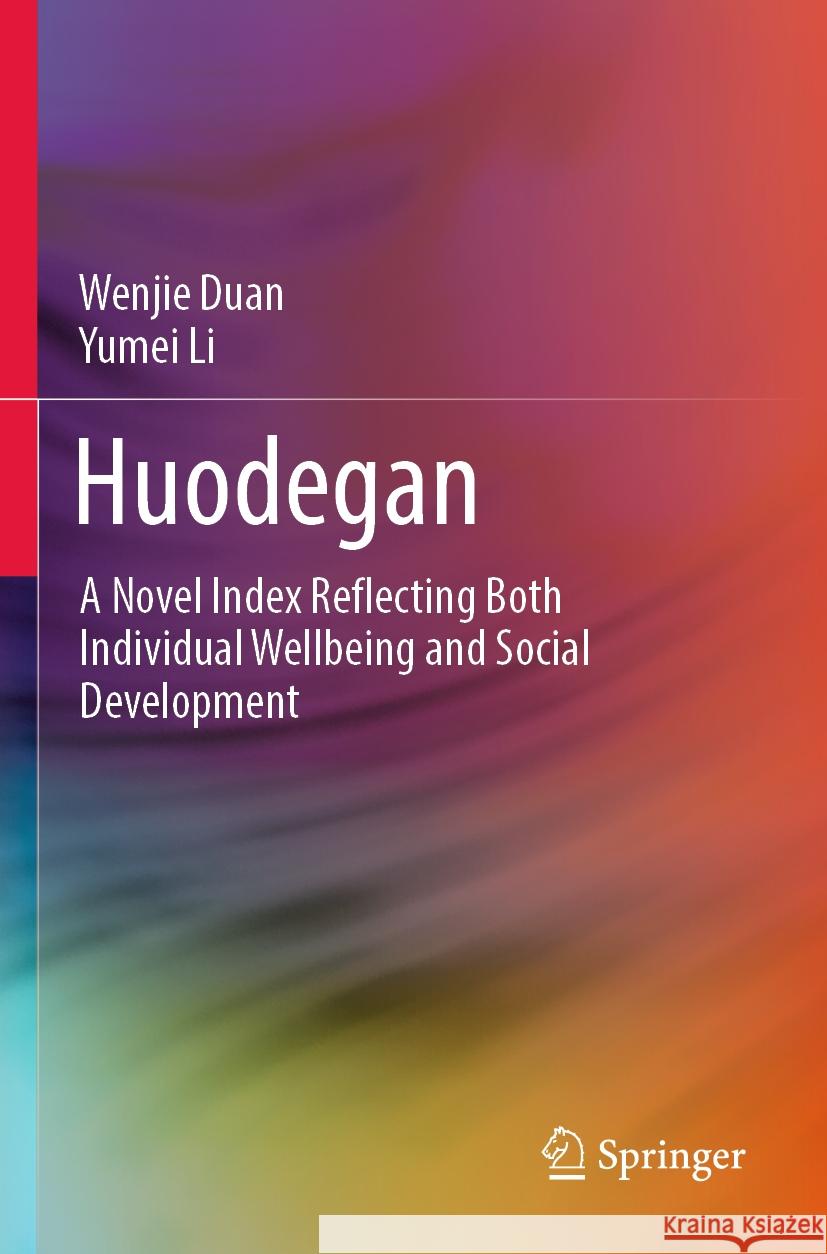Huodegan » książka
topmenu
Huodegan
ISBN-13: 9789811949517 / Angielski / Miękka / 2023
Huodegan
ISBN-13: 9789811949517 / Angielski / Miękka / 2023
cena 483,04
(netto: 460,04 VAT: 5%)
Najniższa cena z 30 dni: 462,63
(netto: 460,04 VAT: 5%)
Najniższa cena z 30 dni: 462,63
Termin realizacji zamówienia:
ok. 16-18 dni roboczych.
ok. 16-18 dni roboczych.
Darmowa dostawa!
The core of this book is the concept of huodegan (获得感), which refers to a sense of gain that includes perceived individual wellbeing and social development. Given that measuring sense of gain has become critical in the new era of socialism with Chinese characteristics and along with the social indicators movement in the last decade, building an index for evaluating sense of gain becomes critical. Apart from reviewing the existing index systems for social development and policy and the previous studies exploring the sense of gain, this book highlights the importance of combining Chinese socio-cultural features, established theories, and index systems.











